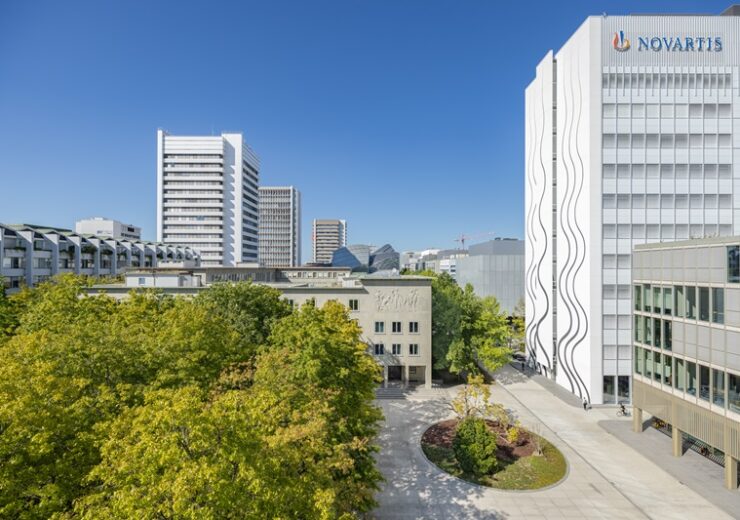In these studies, remibrutinib achieved all primary and secondary endpoints at Week 12 and the results showed that remibrutinib was superior to placebo in terms of change from baseline in weekly urticaria activity (UAS7), itch (ISS7), and hives (HSS7) at Week 12

Novartis Campus Basel. (Credit: Novartis AG)
Novartis has reported positive data from the Phase III REMIX-1 and REMIX-2 studies evaluating remibrutinib, an oral Bruton’s tyrosine kinase (BTK) inhibitor, in individuals with chronic spontaneous urticaria (CSU) whose symptoms are not adequately controlled by H1-antihistamines.
In these studies, remibrutinib achieved all primary and secondary endpoints at Week 12. The results showed that remibrutinib was superior to placebo in terms of change from baseline in weekly urticaria activity (UAS7), itch (ISS7), and hives (HSS7) at Week 12.
Moreover, a higher percentage of patients achieved well-controlled disease (UAS7≤6) with remibrutinib compared to placebo, starting as early as Week 2 and sustained through Week 12. Additionally, around one-third of patients achieved a complete absence of itch and hives at Week 12.
These findings are being presented at the 2023 American College of Allergy, Asthma, and Immunology Scientific Meeting in Anaheim, California, held from November 9 to 13.
Pooled safety analyses of the REMIX studies revealed that remibrutinib demonstrated a well-tolerated and favourable safety profile. The overall rates of adverse events were comparable between remibrutinib and placebo groups, with rates of 64.0% and 64.7%, respectively. This included infections, which occurred in 32.8% of the remibrutinib group and 34.0% of the placebo group. Liver function test abnormalities were also balanced between the two groups.
Liver transaminase elevations were reported in both treatment groups (remibrutinib and placebo), and they were asymptomatic, transient, and reversible. Importantly, none of the serious adverse events were considered related to the study medication by investigators. These safety findings contribute to the overall positive profile of remibrutinib in the treatment of chronic spontaneous urticaria.
Novartis immunology development global head Angelika Jahreis said: “Patients with CSU have limited treatment options and many patients do not respond to antihistamines even at higher than approved doses, leaving them with uncontrolled symptoms and potential side effects such as drowsiness.
“We are committed to developing new therapies for patients with immuno-dermatologic disorders and are excited about the prospect to provide a potential new option for patients with CSU who suffer from relentless itch and a life filled with limitations. These data show that remibrutinib, an oral BTKi, provided significant symptom improvement as early as Week 2 and sustained up to Week 12.”
Antihistamines are the standard treatment for chronic spontaneous urticaria (CSU), but they may not always be effective, leading to uncontrolled symptoms. International guidelines suggest increasing the approved dose up to four-fold, but some individuals may still experience inadequate relief. Injectable biologic therapies are an effective option for those with uncontrolled CSU, but a relatively small percentage of eligible patients globally receive them.
CSU is characterized by persistent hives lasting six weeks or more, with an internal, non-allergenic cause. In CSU, Bruton’s tyrosine kinase (BTK) is thought to play a role in the signalling pathway that triggers histamine release, leading to the characteristic symptoms. Remibrutinib, by blocking BTK, aims to inhibit histamine release, providing relief from the itchy hives and deep tissue swelling associated with CSU.
Patients currently enrolled in the REMIX-1 and REMIX-2 studies will continue treatment up to Week 52 and will have the option to participate in a long-term extension trial. Novartis plans to submit remibrutinib to global health authorities starting in 2024.
